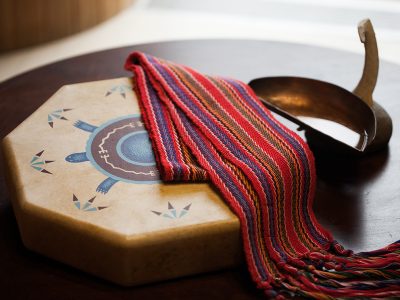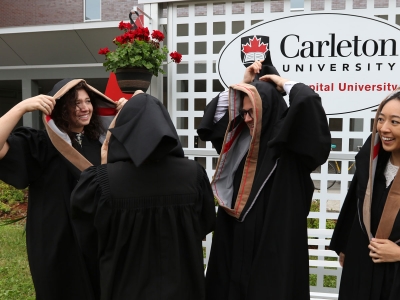By Ty Burke
Ottawa’s medical physics community is unique in Canada. Not only is the city home to two university physics departments and a teaching hospital, there’s also the National Research Council, where national standards for the use of radiation in medicine are set. Health Canada’s Radiation Protection Bureau is here too. Its physicists monitor radiation at key locations across the country, and plan for nuclear incidents.
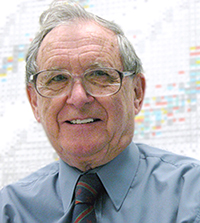
Robert Clarke
But each of these organizations is a distinct entity. To become a community, their physicists needed to be connected. Carleton’s Bob Clarke was instrumental in doing that. In the late 1980s, Clarke was a leader in founding the Ottawa Medical Physics Institute (OMPI), and he drove the creation of Carleton’s graduate programs in medical physics.
Clarke was also a builder of the international medical physics community. He was the founding Secretary General of the International Union for Physical and Engineering Sciences in Medicine (IUPESM), and this year, the organization recognized his contribution by posthumously naming him an inaugural Fellow.
IUPESM represents more than 150,000 medical physicists and biomedical engineers in 102 countries. This year marked its 40th anniversary, and IUPESM inaugurated a new honorary recognition for the occasion. It designated 56 people as Fellows for their contributions to the organization and to their fields of medical physics and biomedical engineering. Clarke passed away in 2005, and was represented at the November 2020 ceremony by his son Jim.
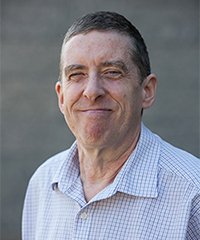
Prof. Paul Johns
IUPESM recognized Clarke for being a founder of medical physics in Canada, a member of the organization’s founding group, and for being its Secretary General from 1980 to 1985.
“Bob was really active internationally, but most people at Carleton don’t know very much about what he did,” says Paul Johns, a professor of Physics who fondly recalls working with Clarke early in his career.
“Medical physicists and biomedical engineers both wanted more recognition from governments. Bob was very active in the International Organization for Medical Physics (IOMP), and there was another organization called the International Federation for Medical and Biomedical Engineering (IFMBE). The two groups felt they would get more attention if they linked up. That’s what IUPESM is—an organization of organizations.”
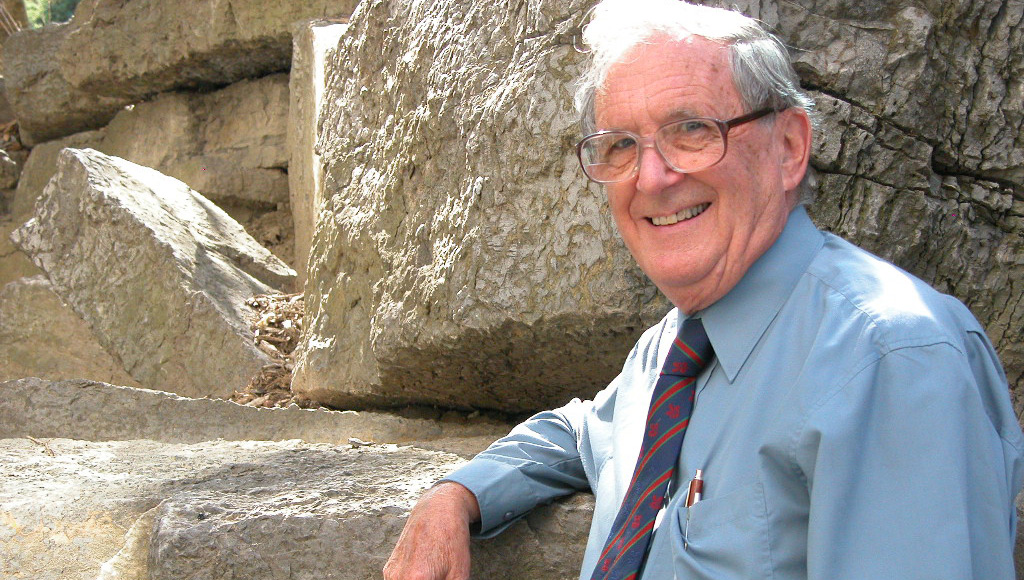
Forming a More Integrated Network
Both in Ottawa and abroad, Clarke was sociable and brought people together.
“He loved doing science, but he also loved talking to people and working with people,” says Johns.
“He got to know the other medical physics groups in Ottawa, and connected them with our department. As a result of his effort, the Physics Department appointed adjunct research professors from the NRC, the Ottawa Hospital and Cancer Centre, the University of Ottawa Heart Institute, Health Canada, and elsewhere. Our graduate students get to work directly with them as supervisors.”
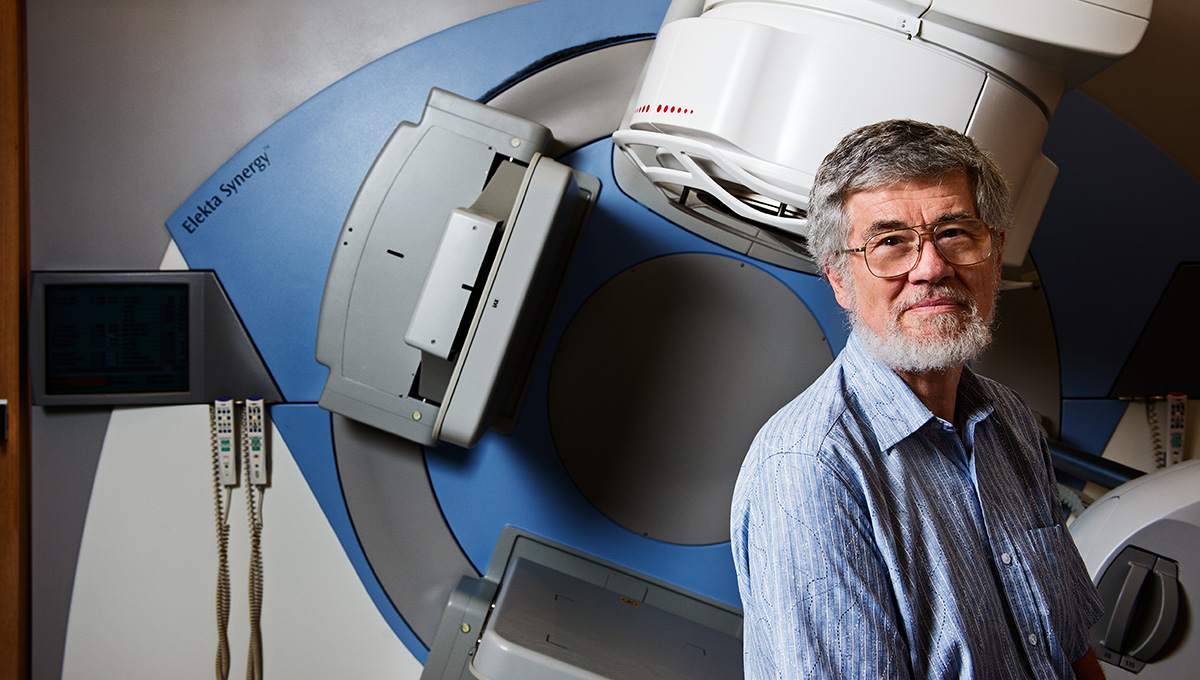
Prof. David Rogers
One of those adjunct professors was David Rogers, formerly of the NRC and now a Distinguished Research Professor. He recalls Ottawa’s medical physicists coming together gradually to form a more integrated network.
“We were doing various kinds of medical physics work around the city, and the monthly meetings of OMPI were a wonderful way of getting people together who had similar interests—even though we were frequently doing very different things,” says Rogers.
“It’s made a strong graduate program. Graduate students who worked at the NRC and Health Canada have been able to make connections.”
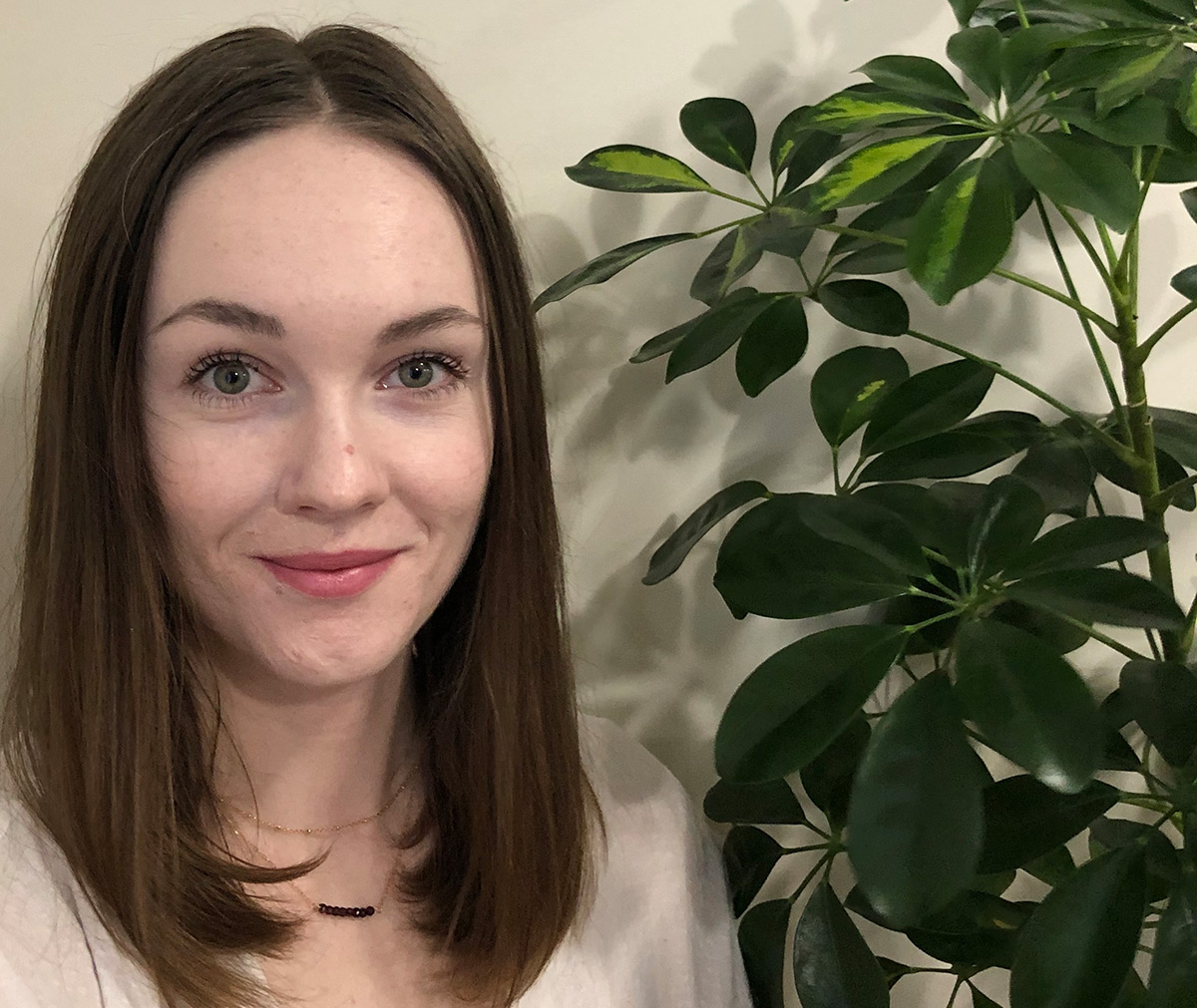
PhD student Liz Fletcher
In 2008, a scholarship in Clarke’s name was launched. The Robert L. Clarke Graduate Scholarship in Medical Physics is given annually to an outstanding incoming student who doesn’t have a source of external funding for their studies. It aims to provide an opportunity to focus on academics without taking on a teaching assistantship.
“Being a TA takes about 10 hours a week, and that’s pretty significant,” says Liz Fletcher, a PhD student who received the scholarship in 2019.
“I was coming to a new department, with a new supervisor, new students, and courses. The scholarship provided extra time to get settled in during my first semester, especially because I was coming to medical physics after a master’s degree in particle physics. I was changing fields, and needed to learn new background. The extra 10 hours a week was very valuable. I was able to focus on academics.”
Friday, December 18, 2020 in Awards, Faculty of Science, Health, Physics
Share: Twitter, Facebook
